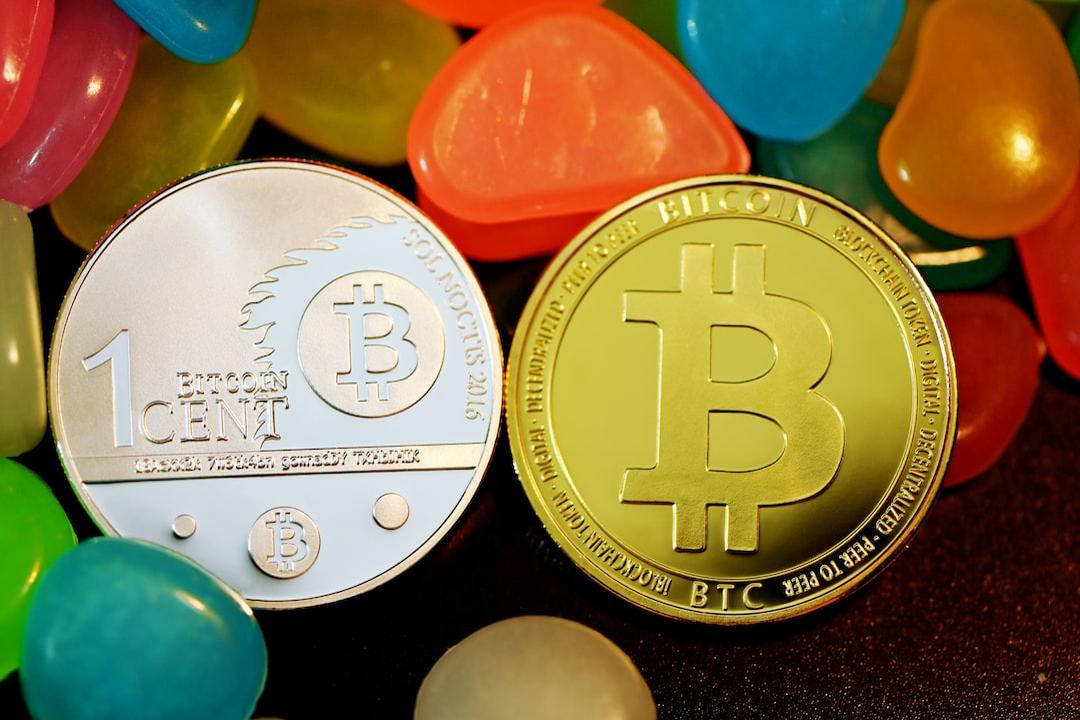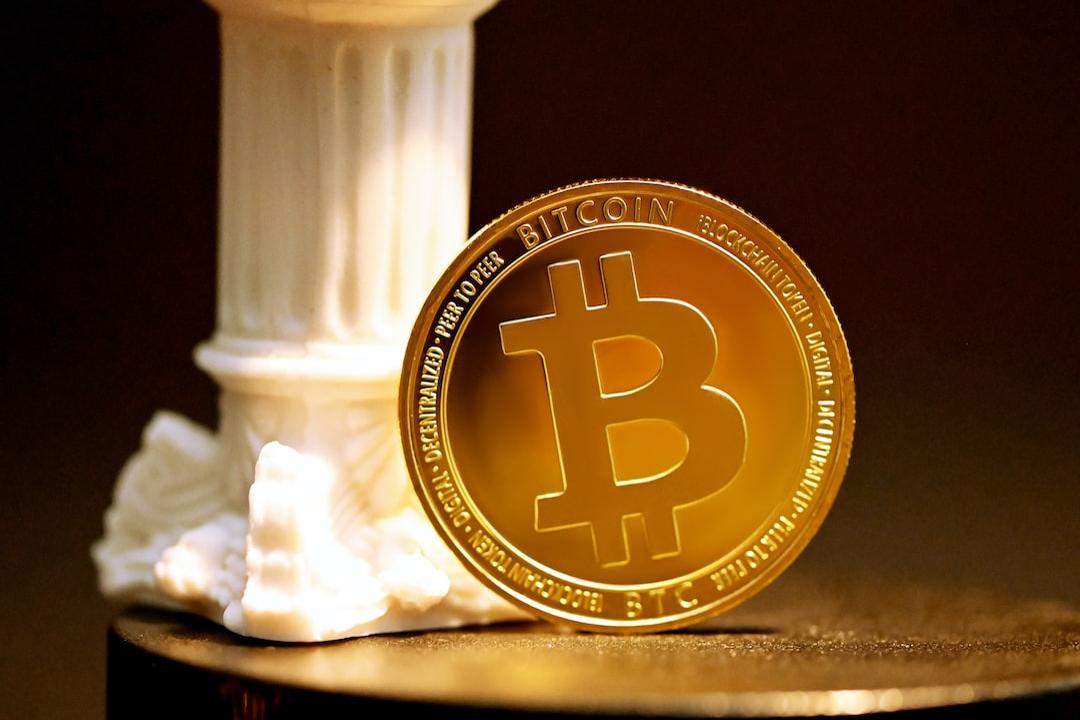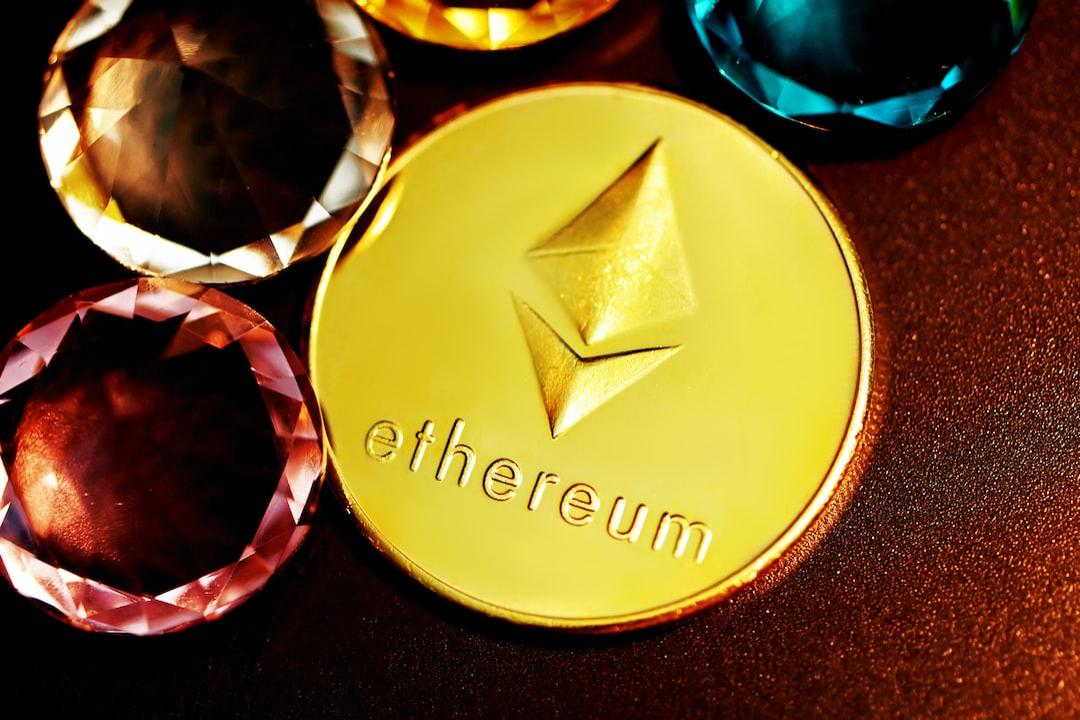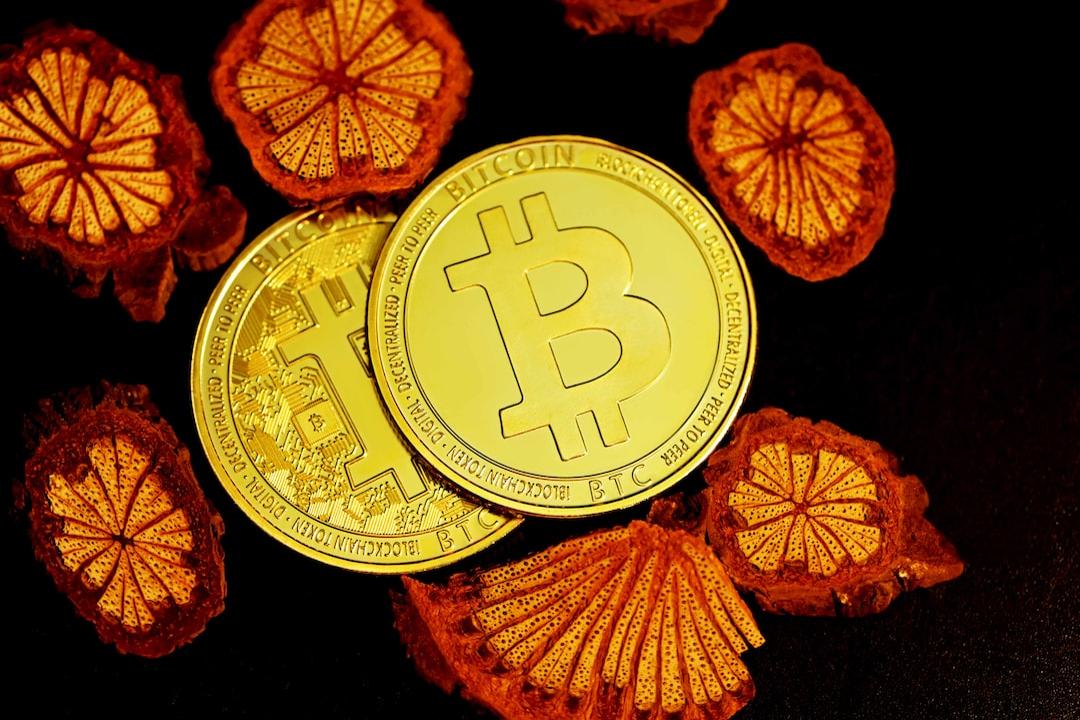Taiwan Real Estate Project Interviews Brain Brother Chain Intern: Netizens Raise Seven Major Concerns Amid Regulatory Gray Area
Recently, the Threads account changyi8985 (hereafter referred to as Xiaobai, claiming to be a practicing land surveyor and real estate agent) questioned a project in Taiwan called Sparks Land. According to an interview with KOL Nao Ge’s brand “Chain Learner,” this project promotes the purchase of real estate debt rights using USDT.
However, he raised seven points of concern and suggested that those who do not understand should refrain from participating.
Netizens Raise Seven Questions About the Taiwan Real Estate Project
Sparks Land claims it allows retail investors to purchase real estate debt rights using USDT. Taking the batch number: 220A as an example, the debt issuance volume is 5,545, with an issuance price of 100.02 USD, raising 554,590.48 USD. Currently, 47% of the issued debt remains, and the official website claims an estimated annual yield of 6-8%.


This case involves investing in a property that is planned to have 9 suites, specifically designed to provide living spaces for nearby university students, meeting their rigid demand. The rent for each suite ranges from 286 USDT to 394 USDT, with total monthly rental income reaching up to 3,304 USDT, and profits distributed daily to Spark certificate subscribers via smart contracts.
Xiaobai raised the following seven points of concern:
- Investors do not know where the assets are located and whether this real estate property actually exists. He believes that if the property is genuinely held, transparency should be maintained, including land number and building number. If it is owned by a corporate entity, a second type transcript should be disclosed to demonstrate the current status of the asset.
- He points out spelling mistakes on the official website, arguing that if a website has not even proofread its typos, the level of caution is questionable. As someone with a background in law, he pays close attention to details, especially concerning real estate.
- Normal Taiwanese company websites display their company name, trade name, registration number, business address, registered address, phone number, and similar information, but the Sparks Land official website only provides links to social media and an email address.
- He questions whether the qualifications of the company that constitutes Sparks Land can adequately understand how to operate RWA.
- Regarding the disclaimer, he believes it implies that if you invest in this, the company has unlimited exemption rights and is fully exempt from responsibility. It is as if profits are solely for the investor to collect, while losses are not the operational team’s concern.
- He suggests that leasing assets should be appraised by a qualified appraiser, as this relates to the income method. If the property is sublet, he questions the possibility of inflated returns. In other words, if it is a sale, whether the subscription price is higher than the property sale price. He further questions the potential for using investor funds to pay off mortgages while bringing in additional funds to cover previous investments.
- He questions whether Sparks Land operates on a single address for collection or multiple addresses, whether investors’ funds are kept centrally or dispersed. If tainted funds are received, can the team freeze user rights under the pretense of undisclosed funds?
According to publicly available information on the website, the only case currently sold by Sparks Land mentions that the address for this case is: No. 5, Lane 160, Guanqian West Road, Banqiao District, New Taipei City. This case raised 554,610 USD, corresponding to actual price registration, indicating a premium.


Source: Le Wu Wang
Sparks Land Co-founder Published Paper on Real Estate Securities Tokens
The Sparks Land official website is linked to a book about RWA titled “The Future of the Financial World: Revolutionary Applications of Blockchain, RWA Tokenization!” authored by Claire Su, who is also a co-founder of Sparks Land. In 2023, she published “An Empirical Analysis of the Impact of Real Estate Securities Token Rewards,” primarily focusing on real estate securities tokens, blockchain, and real estate tokens. Claire Su is also registered as a supervisor of Xingyu Smart Technology Co., Ltd. and a director of Anqi Real Estate Co., Ltd., both of which share the same registered address, indicating that Sparks Land is attempting to implement theoretical applications and aims to launch blockchain applications in real estate in Taiwan.
Netizens Believe the Disclaimer Clears All Responsibilities
Netizen Xiaobai expressed strong concerns about the Sparks Land platform’s disclaimer, investment returns, and fund management mechanisms, believing that the related practices lack professional oversight and transparency, putting investors’ rights at significant risk:
Firstly, regarding the platform’s disclaimer, the netizen described the content as nearly “unlimited exemption,” stating, “If you profit, consider it a windfall; if you lose, we bear no responsibility.” He believes that as a platform claiming to be professional, simply stating that the operational team is fully exempt from responsibility without any rigorous legal review or amendment is not in line with the standards expected of investment financial products and is difficult to trust.
Secondly, concerning estimated returns, the netizen raised that if the platform boasts real estate rental income, it should be entrusted to a professional appraiser to provide a report explaining the basis for rental income calculations and price rationality. If the asset is merely sublet, not only is the income method calculation unclear, but the possibility of inflated returns is also difficult to verify; if it is a sale, it should further clarify whether the subscription price exceeds market prices. The netizen also questioned whether the platform’s funds involve “robbing Peter to pay Paul,” meaning using new investors’ funds to pay returns to old investors; if a run on funds occurs, investors’ rights may vanish.
Finally, regarding fund transparency and wallet management, the netizen pointed out that blockchain technology should inherently possess the advantage of public verification. However, the platform has not clearly disclosed whether funds are managed through “multi-address distribution” or “single address concentration,” nor explained how user fund security is ensured. He further questioned whether, in the event the platform’s wallet receives illicitly sourced funds, the operational team might freeze user rights by citing “undisclosed sources,” leaving investors caught off guard.
Summarizing the above opinions, the netizen strongly urged Sparks Land to enhance legal professional scrutiny, strengthen the disclosure mechanism for investment target information, and improve fund management and transparency to gain investors’ trust and peace of mind.
Real Estate Tokenization in Taiwan is a Gray Area, but VASP Registration is Not
The Financial Supervisory Commission (FSC) of Taiwan will organize an RWA (Real World Asset) Tokenization project team starting in 2024, clearly stating that “real estate tokenization” is considered innovative but currently limited to research and pilot phases, not a publicly qualified channel. Traditional real estate securitization issuance requires strict approval and registration, while blockchain-based new ventures often adopt experimental trials, regulatory sandboxes, or “only to professional investors” issuance models.
According to the FSC’s anti-money laundering regulations, “Virtual Asset Service Providers” (VASPs) are required to complete anti-money laundering (AML) and KYC (Know Your Customer) registration and compliance. For receipt of stablecoins like USDT and fund pool management, the platform must adhere to relevant regulations.
Regulated and legally listed “virtual asset securities,” to become publicly traded legal products, must obtain FSC approval and can only be issued on designated platforms (such as securities firms or regulated exchanges). Currently, products like Spark Land, without publicly issued qualifications, fall into a regulatory gray area.
Spark Lands Responds: Not an RWA Project, Nor a Bond
Chain News received a response from Spark Lands, stating that the project claims it is not issuing RWA tokens. The income debt rights issued to users are physical debt contracts, simultaneously providing corresponding digital certificates through blockchain for user management optimization. These certificates are solely for efficiency management and cannot be traded or exchanged on any other public market, nor can they be transferred to places outside of Spark Lands.
Regarding the disclaimer, Spark Lands indicated that extreme uncontrollable risks could occur, and the company has fulfilled its obligation for clarity and comprehensibility of the terms, while also reminding users or clients to be aware of potential risks. Additionally, Spark Lands cited similar disclaimers in products such as AIFIAN, Beike Beike, BitoPro debt rights, and Hoyabit debt rights.
As for Xiaobai’s suggestion that leasing assets should have an appraisal report, Spark Lands stated that users withdrawing amounts exceeding those available for withdrawal (unwithdrawn) from the smart contract do not require verification. Moreover, they provide contract debt rights, and upon the contract’s expiration, there is a necessity for principal repayment, and the company has the right to utilize it during the contract period.
Finally, regarding the premium existing between debt amounts and actual price registration, Spark Lands replied that the amount registered corresponds to the issuance exchange rate of the debt contract amount of $538,461.54, with additional transaction costs of $2,602.34 and issuance costs of 2.5% for system operation, all of which are clearly listed in the issuance total detail.
Risk Warning
Investing in cryptocurrencies involves high risks, and prices may fluctuate dramatically, resulting in the potential loss of all principal. Please assess risks carefully.
